3. Living in an Evacuation Shelter

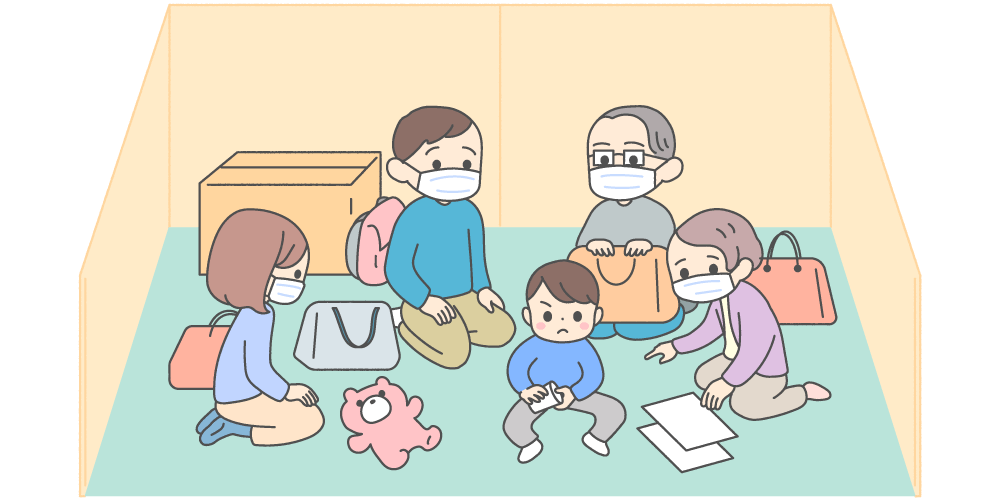
 Pay attention to your physical health
Pay attention to your physical health
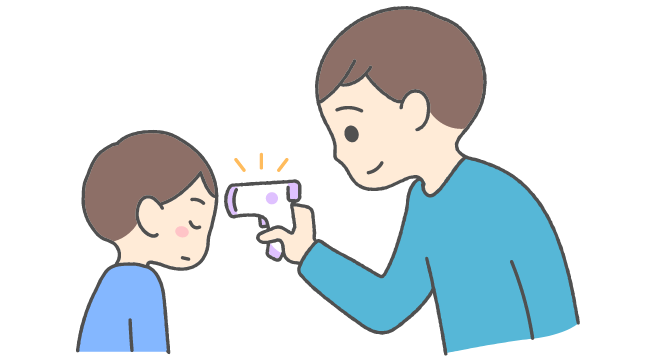
In an evacuation shelter, there are typically many people coming and going. Amid hectic conditions, it can be easy to neglect your physical well-being. It is important to remember to pay attention to your physical health.
- Always evaluate your condition before entering an evacuation shelter.
- When staying at shelter for prolonged periods, monitor changes in your health, such as by taking your temperature, on an ongoing basis.
 Have masks ready
Have masks ready
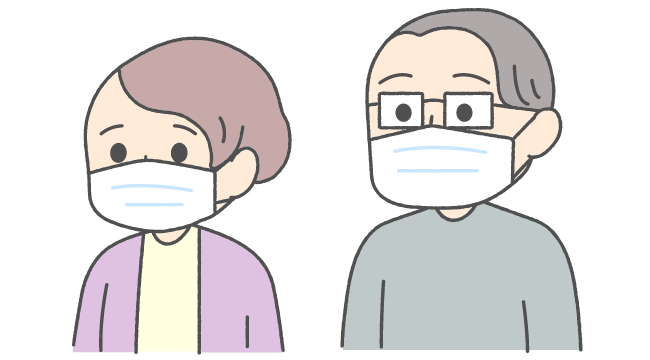
At times of disaster, because water is often limited, it may not be practical to wash cloth masks, so it is best to have disposable masks ready.
However, in addition to disposable masks, also having washable cloth masks ready provides additional preparedness.
If you don’t have a mask, use a towel or cloth that covers your mouth and nose instead.
Practice good cough etiquette to prevent the spread of illness!
 Keep your hands clean
Keep your hands clean

With so many other people around in an evacuation shelter, your hands tend to get dirtier than they normally would.
To help prevent the transmission of illness, keeping your hands clean by washing them and using hand sanitizer is very important.
If water is available, lather your hands well with soap and wash thoroughly.
If you cannot wash with water, use hand sanitizer or a wet wipe to keep your hands clean.
Learn more about using hand sanitizer and wet wipes effectively
 Tips for preparing food and eating
Tips for preparing food and eating
Avoid touching food with your hands
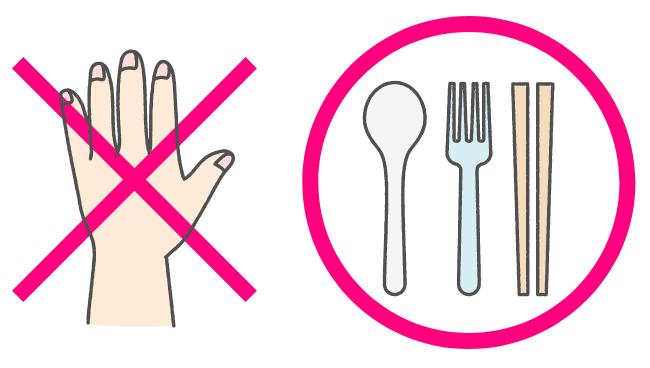
- Hold food using paper wrappers or plastic when eating
- Use utensils, like forks, spoons, or chopsticks
- Cover dishes with plastic wrap before putting food on them
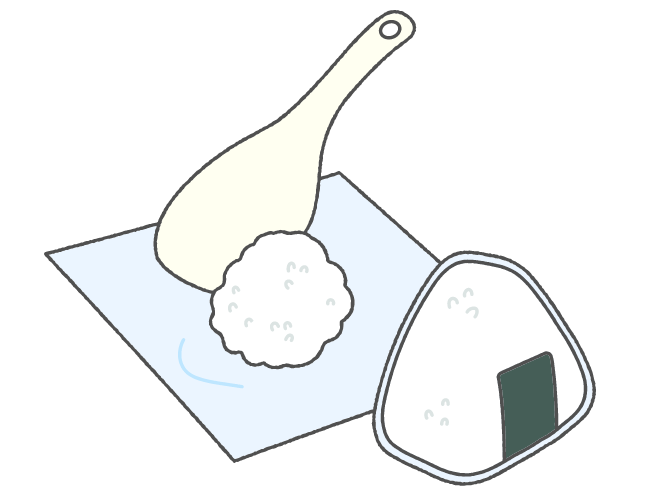
For example, when making rice balls, use plastic wrap when forming them to avoid direct contact between the ingredients and your hands.
Prepare only as much as you will eat and don’t keep leftovers
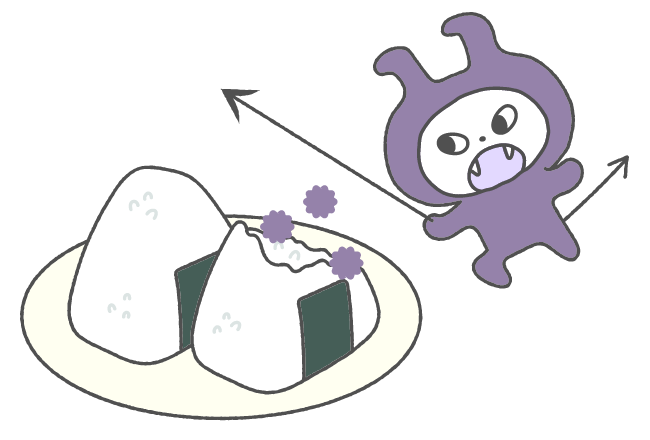
When food goes bad, it can cause food poisoning, so prepare only as much as you’re going to eat each time and avoid leaving leftovers. It may seem wasteful, but it is best to just throw out any uneaten food after a meal.
